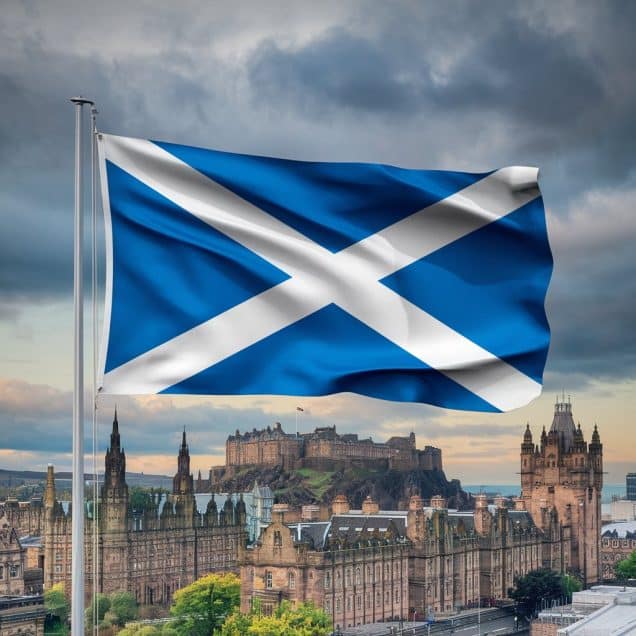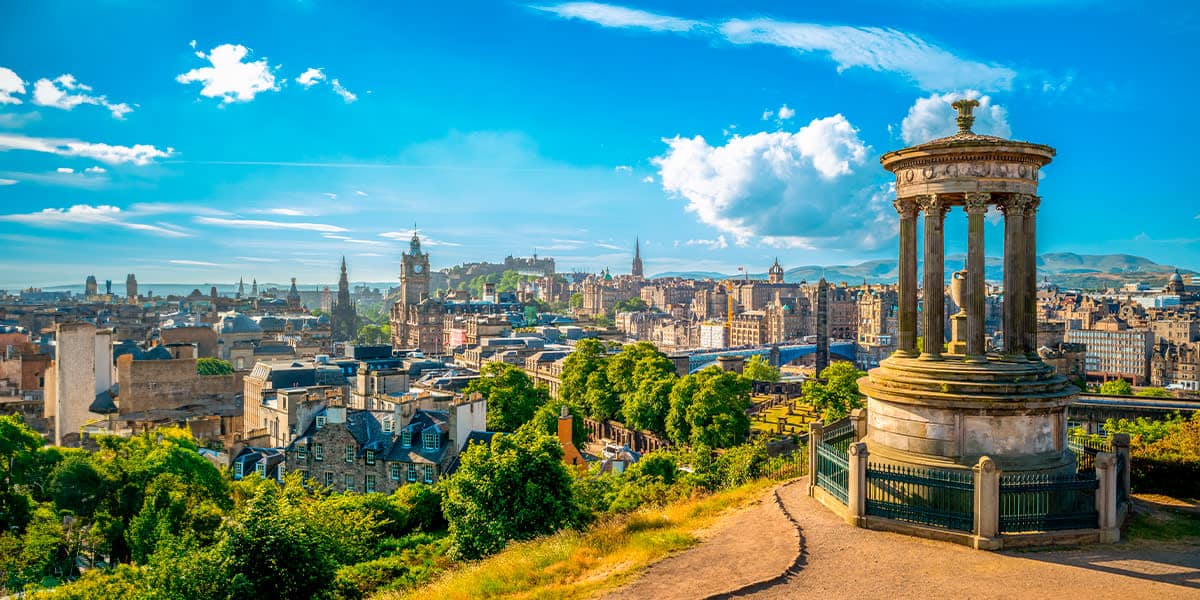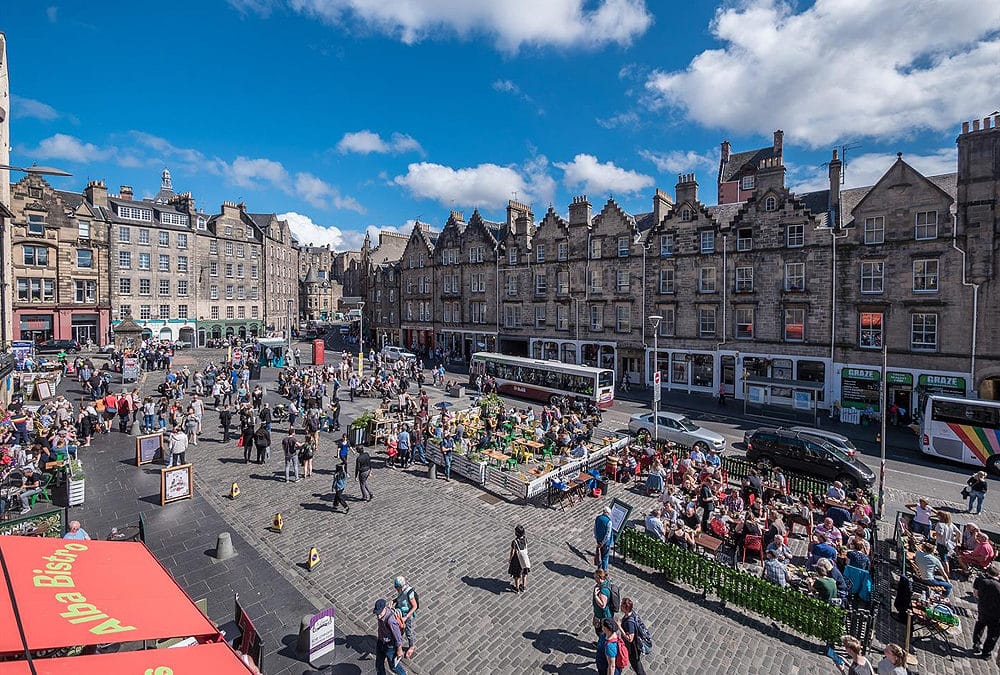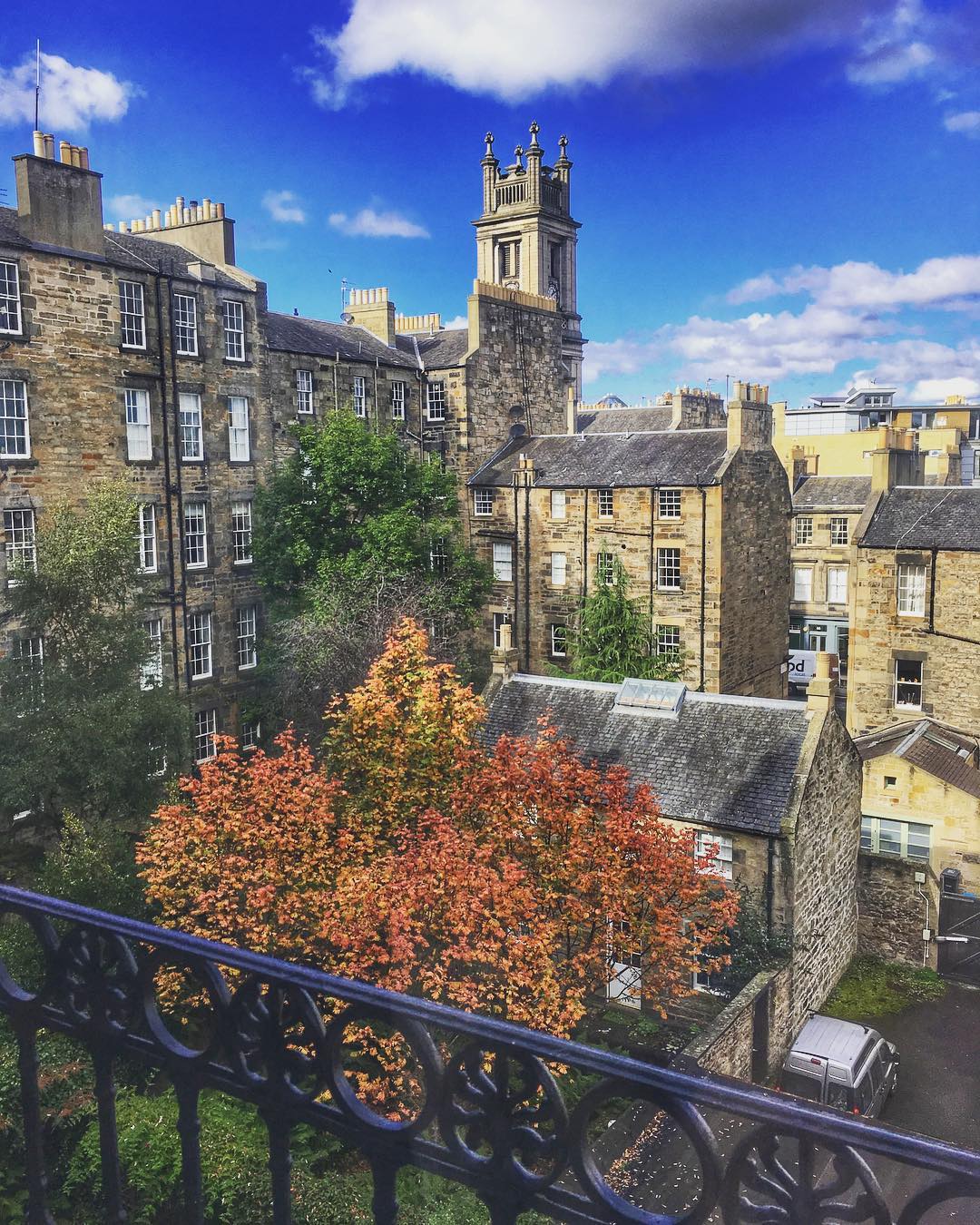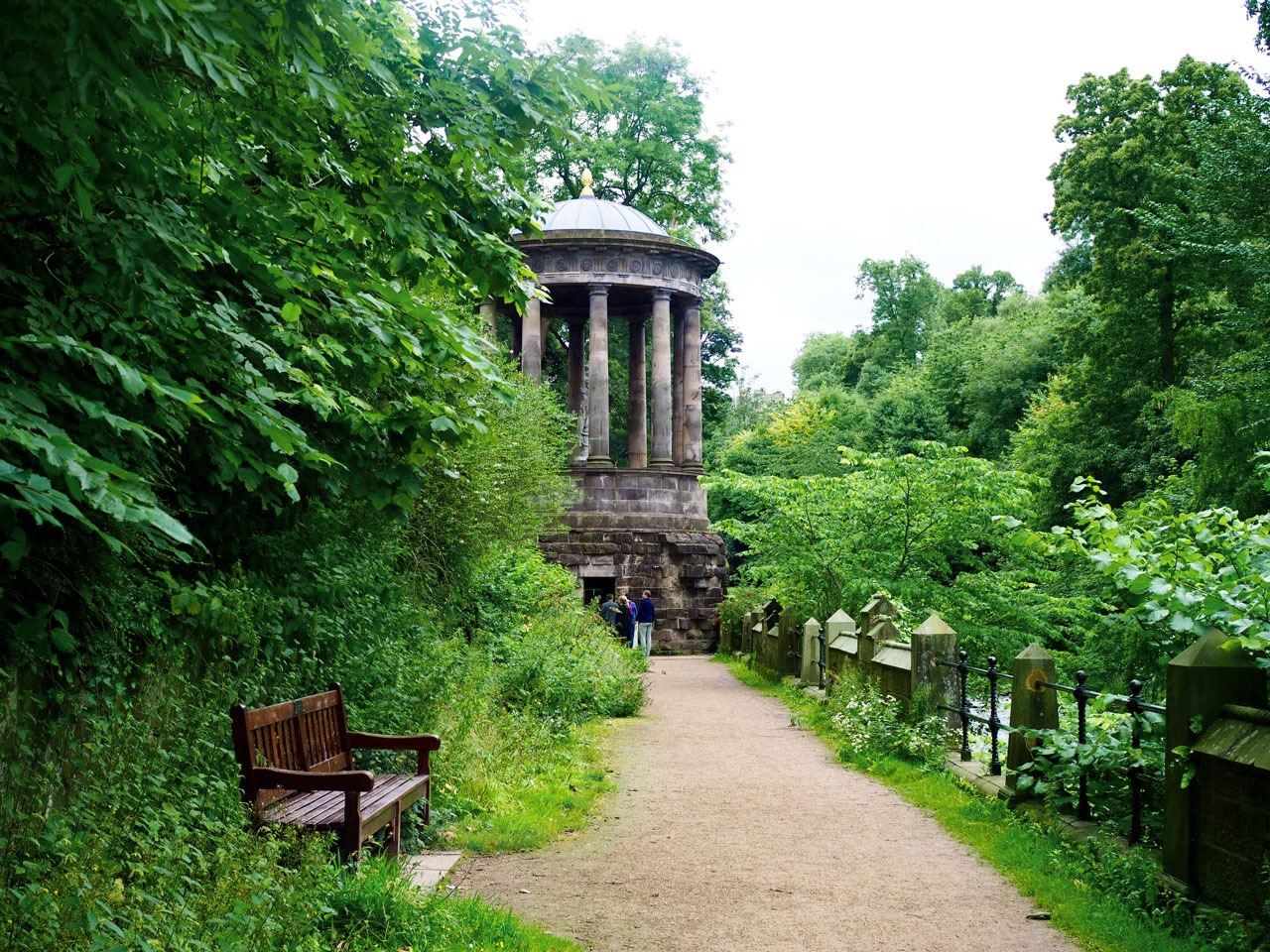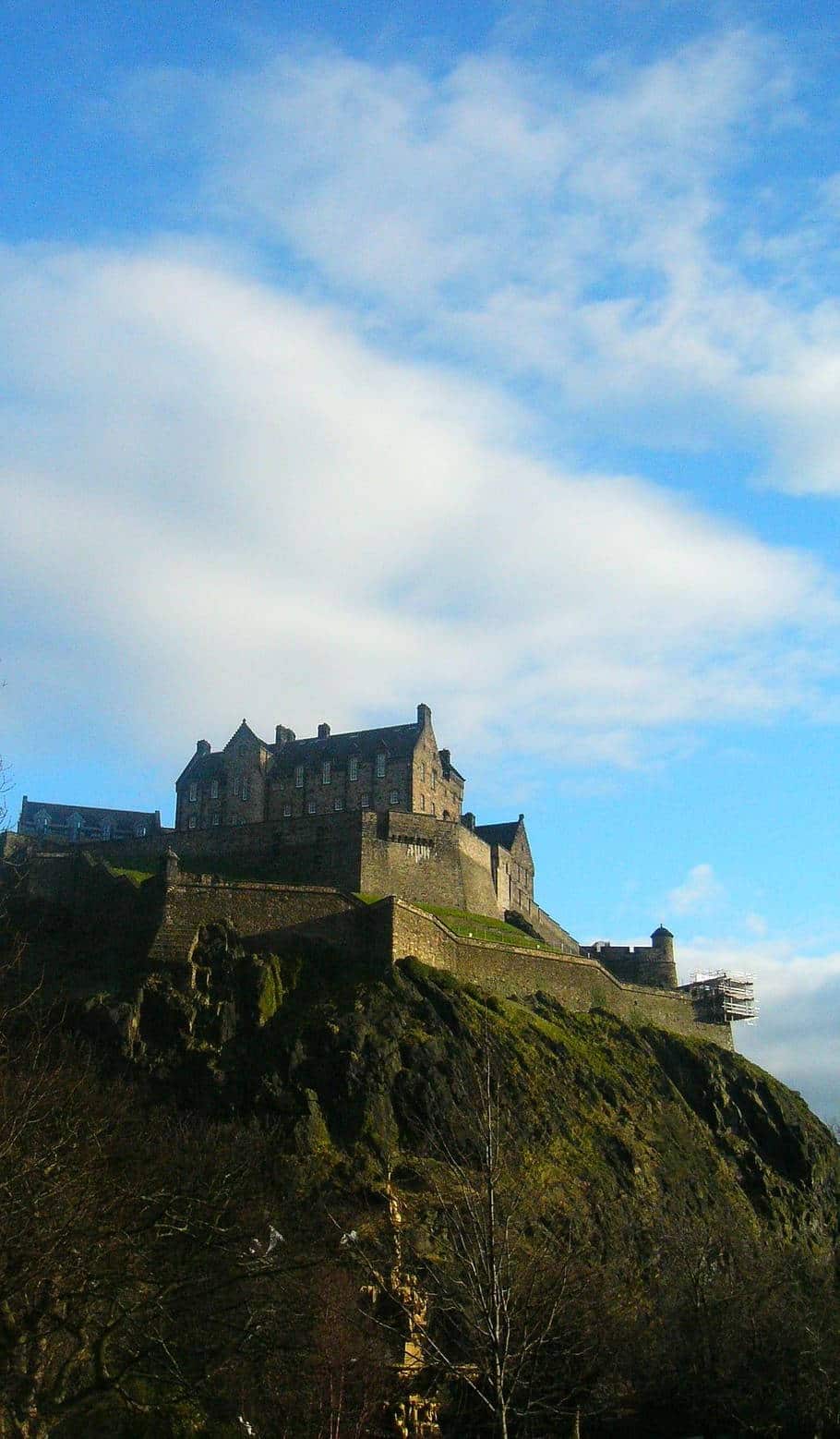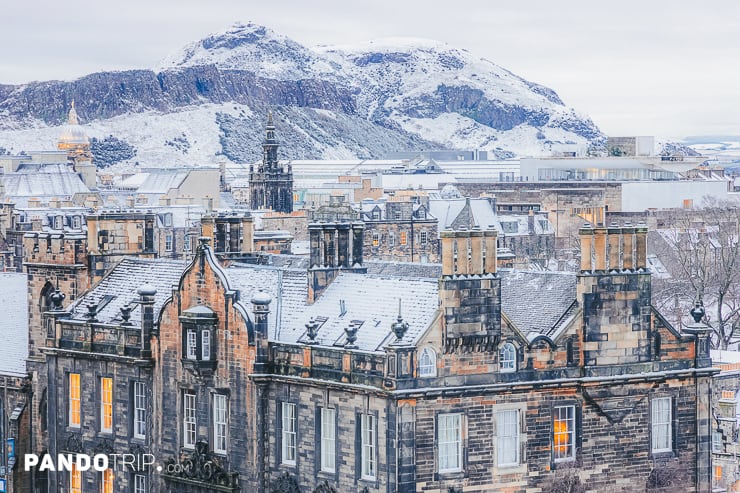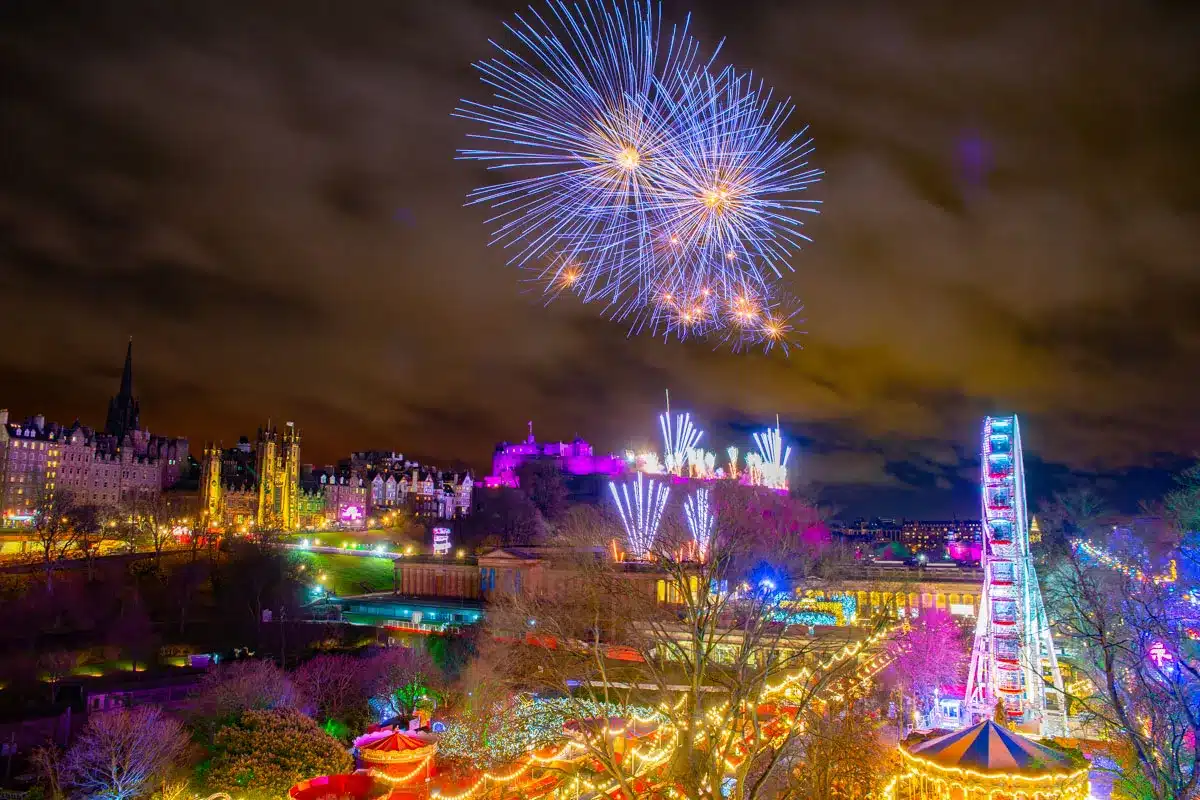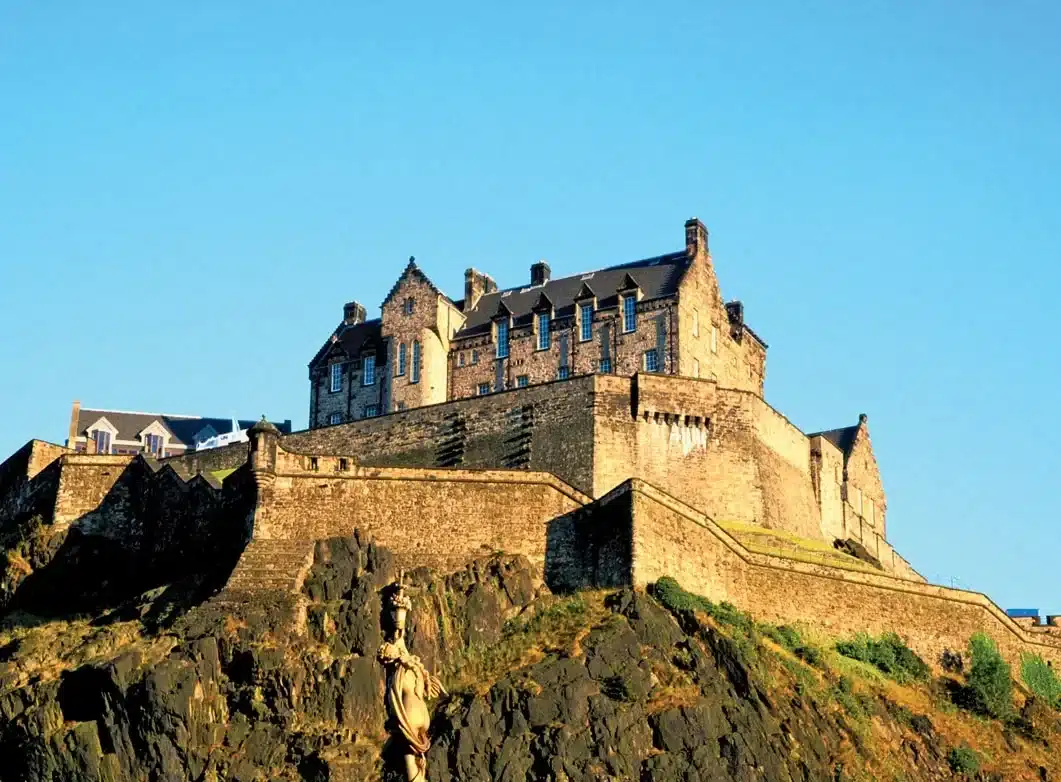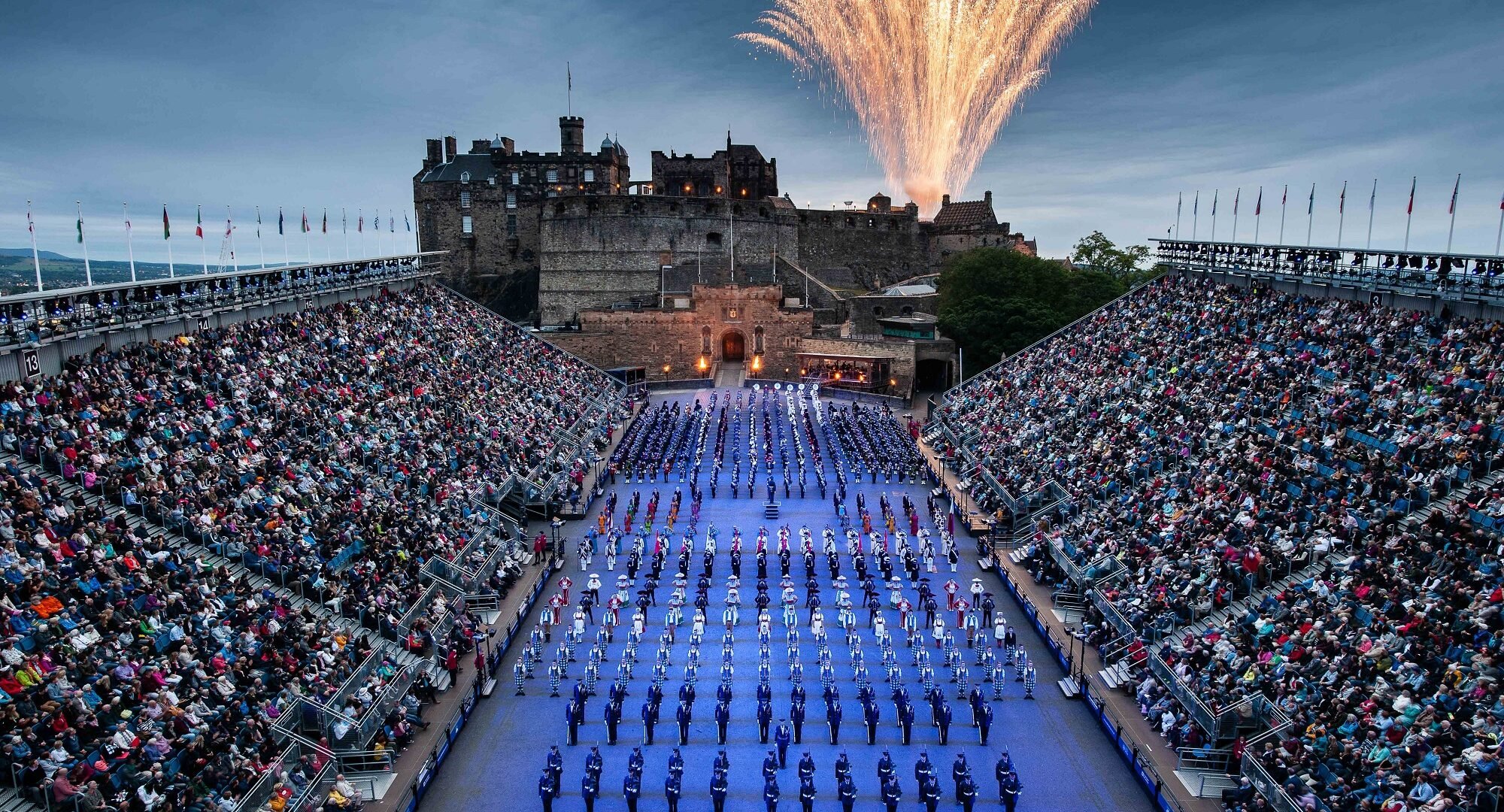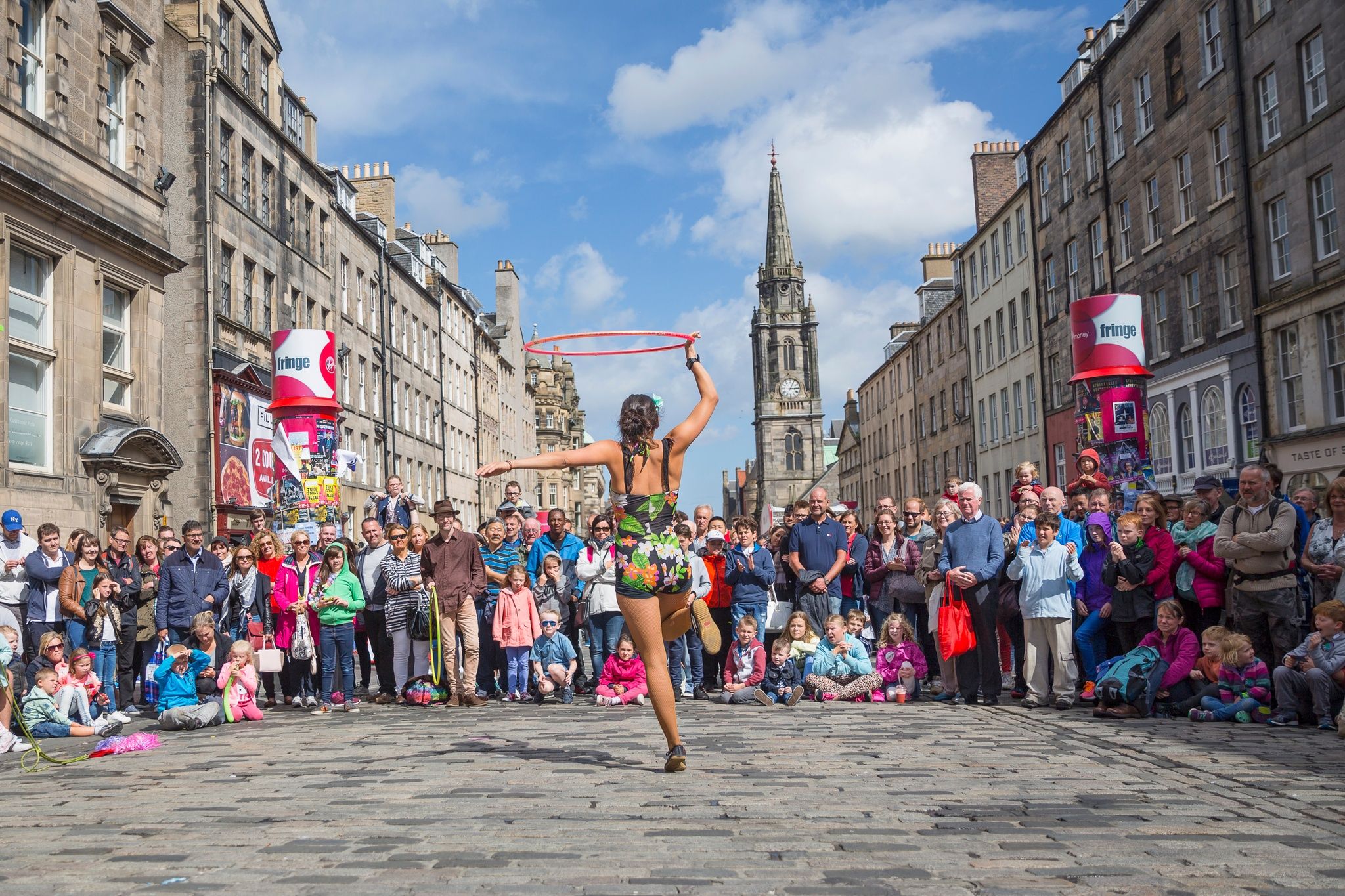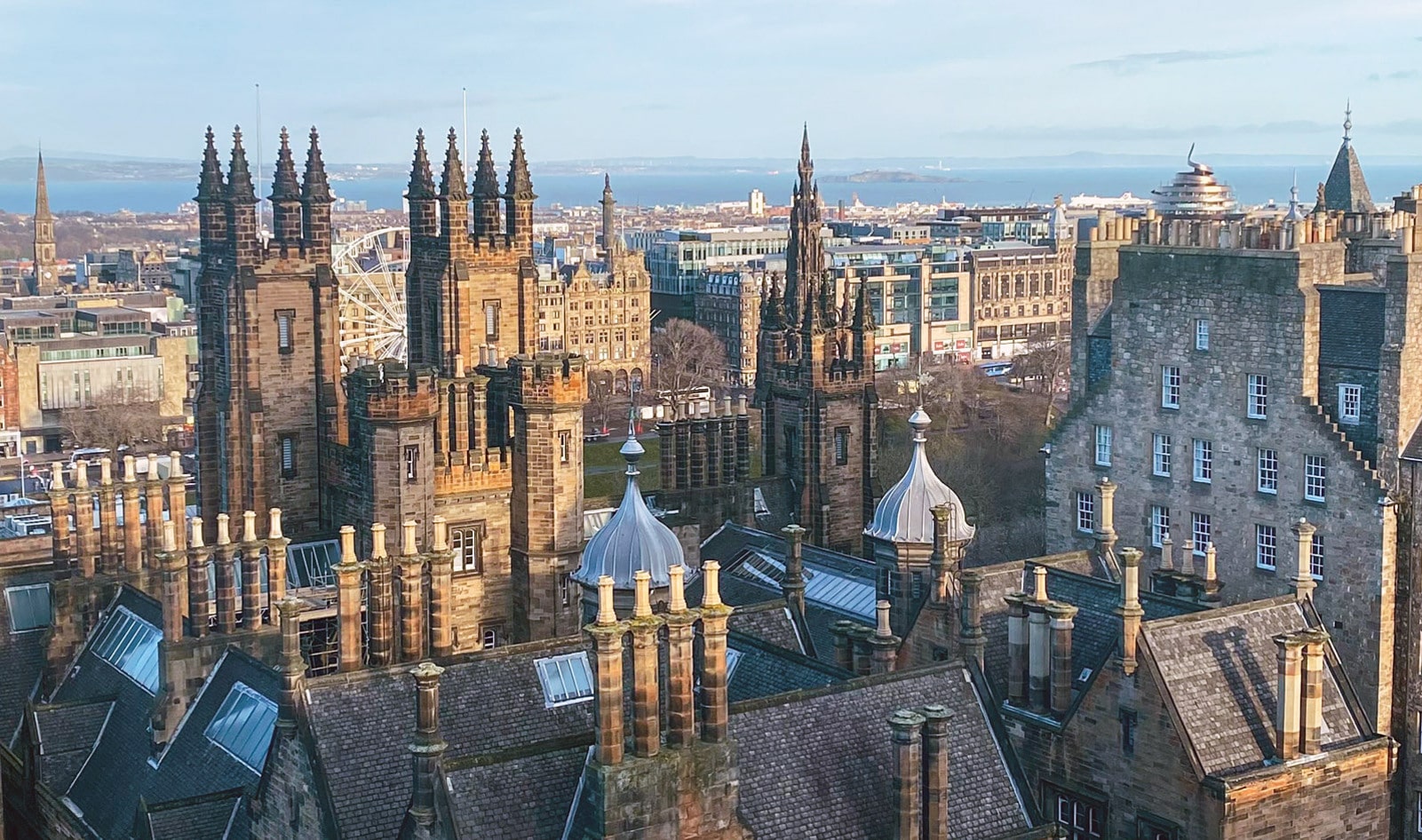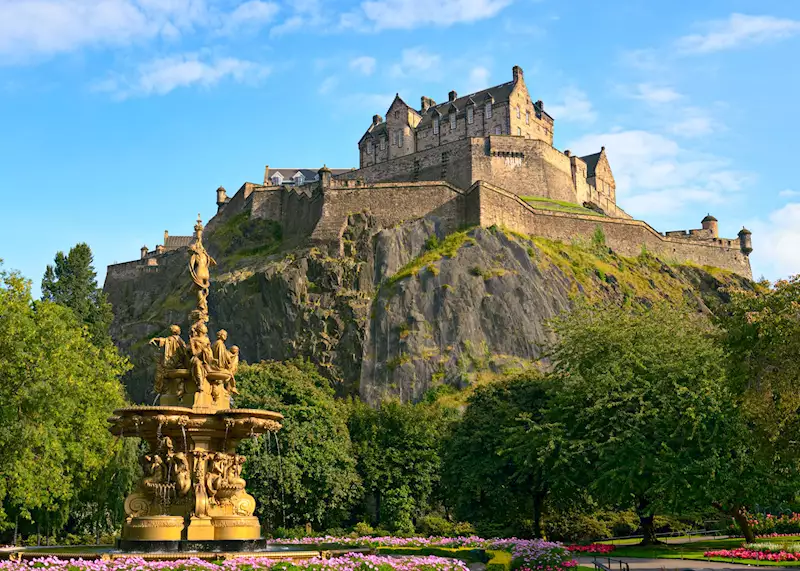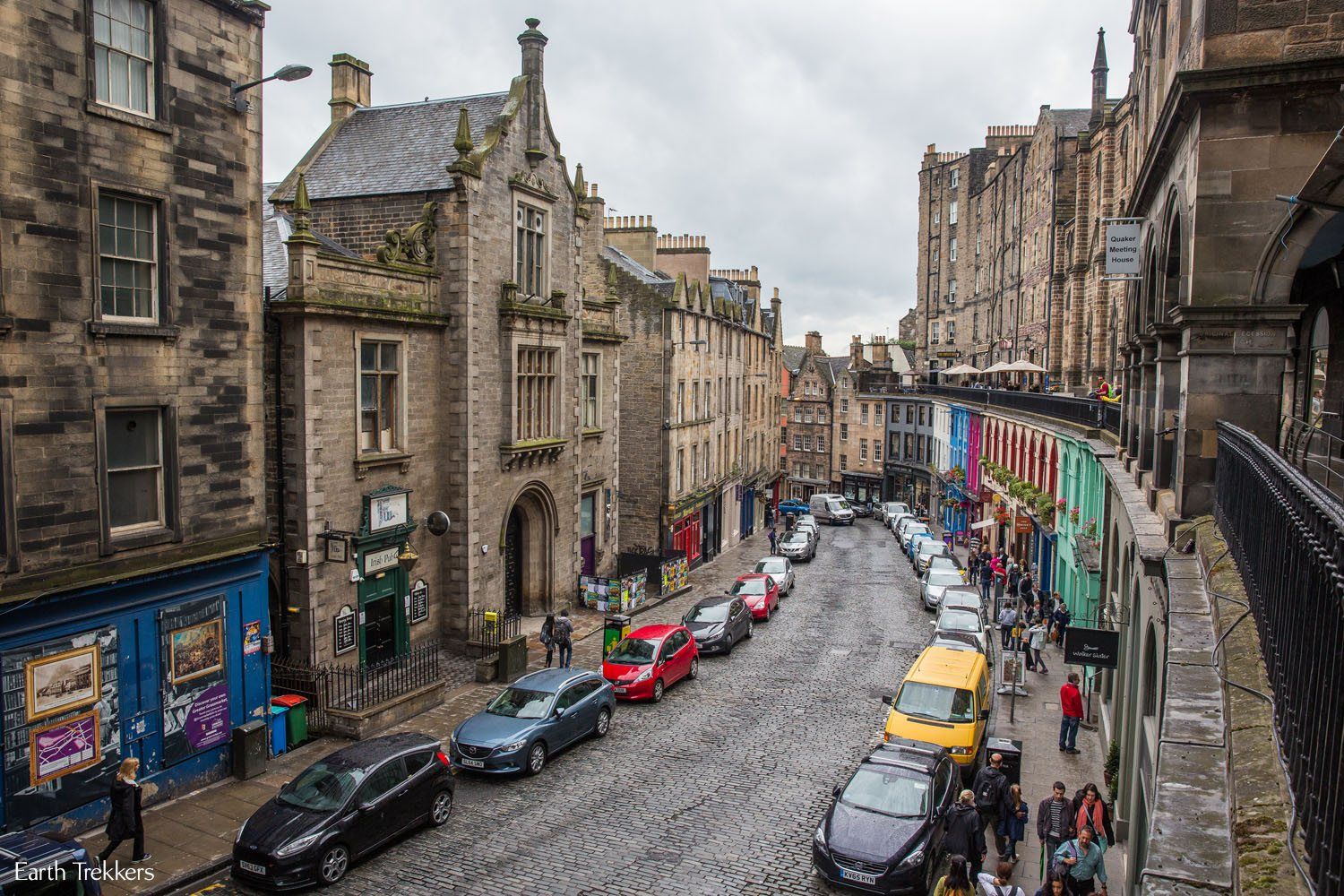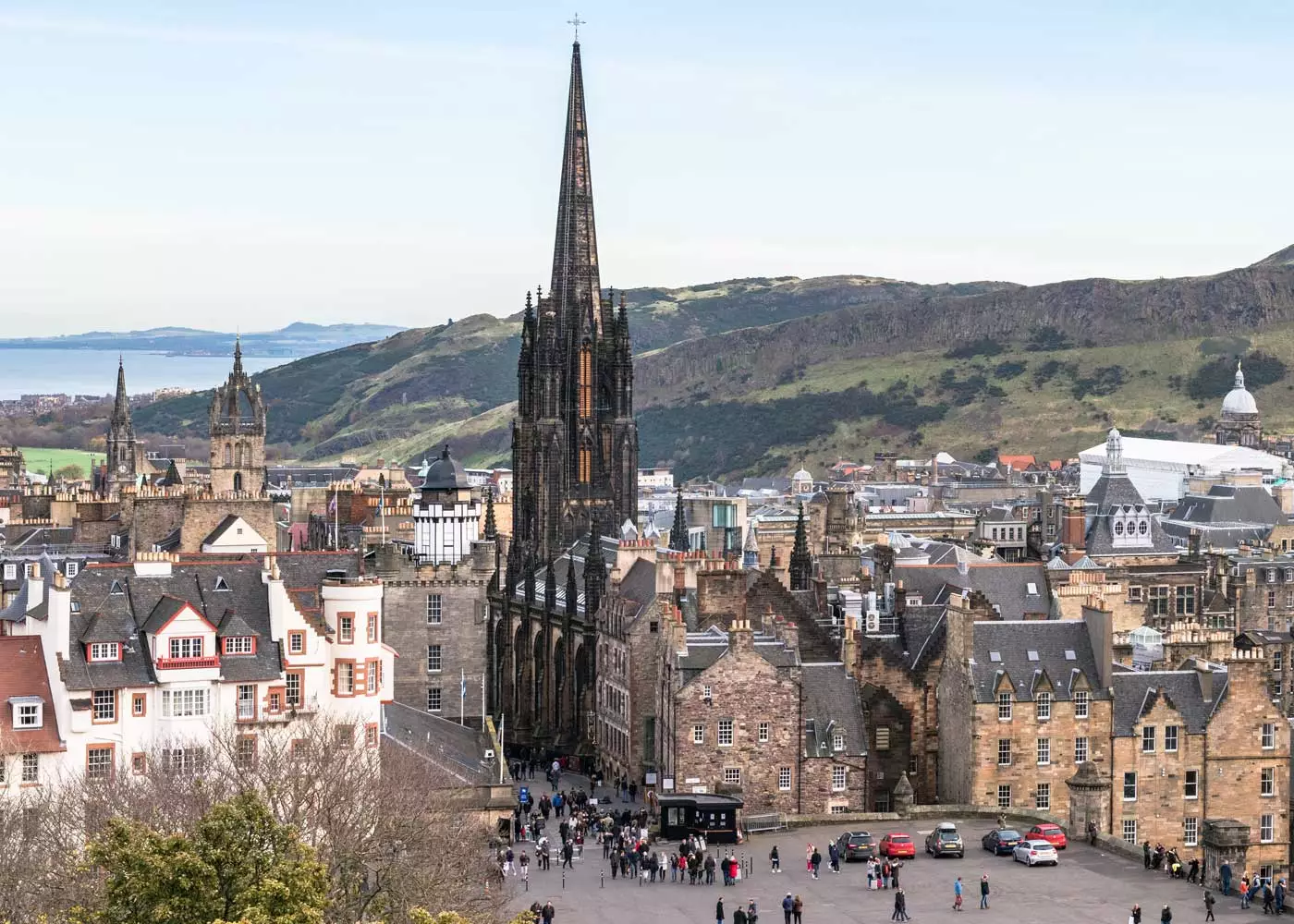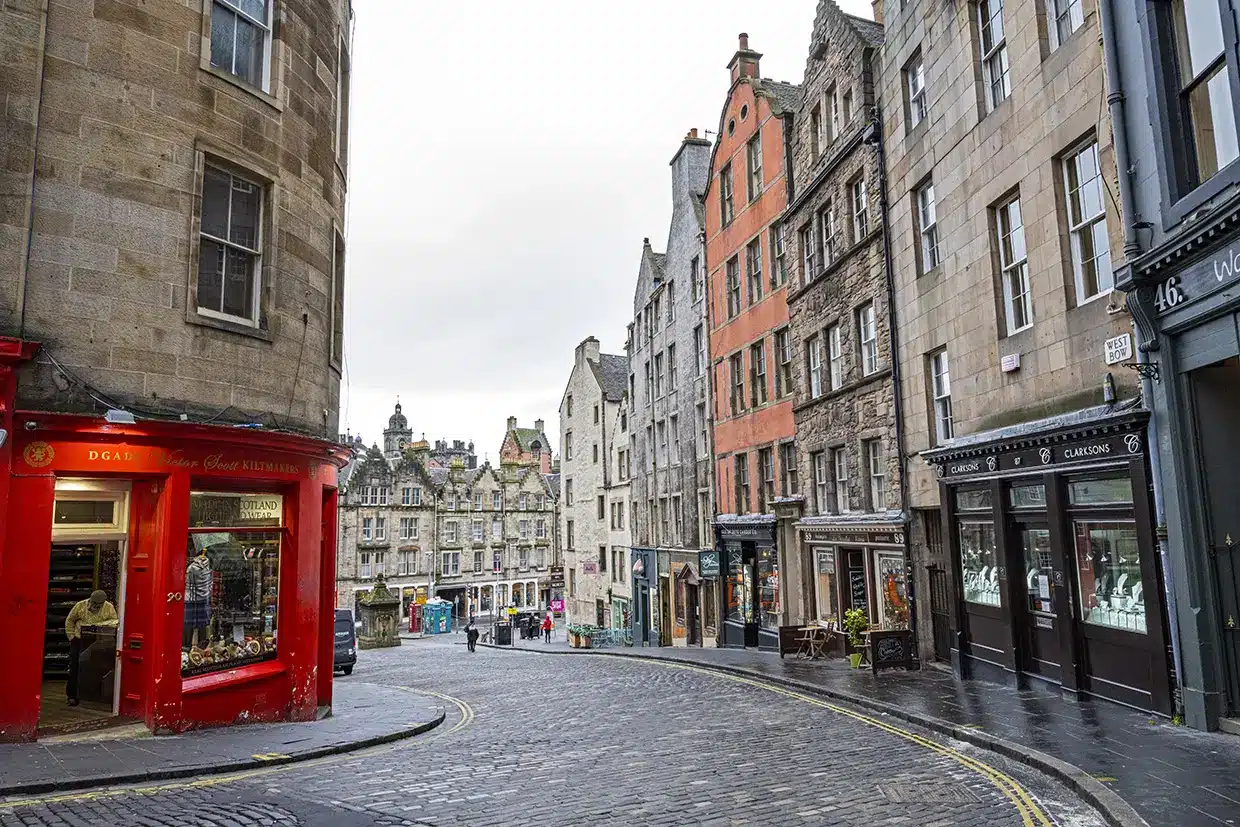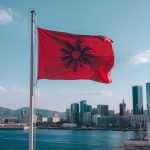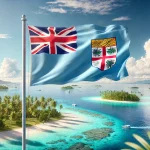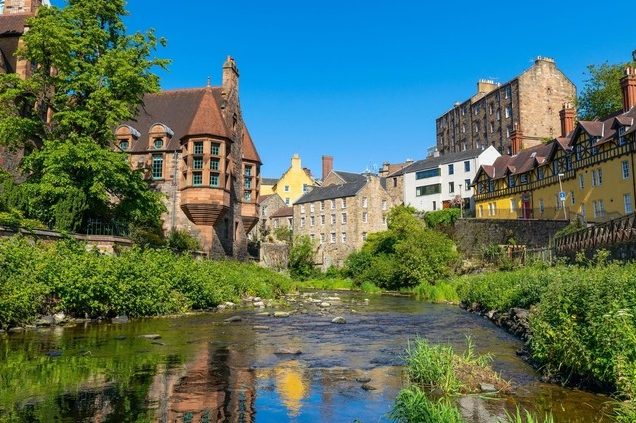

Discover Scotland
Sights
Map
Info
Scotland, with its rich history, stunning landscapes, and vibrant culture, is a destination that offers something for every traveler. To ensure a smooth and enjoyable trip, it’s essential to be informed about visa and passport requirements, transportation options, accommodation, dining, and cultural practices. Understanding language nuances, technology, communication, shopping, and payment methods will further enhance your experience in this captivating country.
Visa and Passport Requirements
Visa-Free Travel: Citizens of the EU, the U.S., Canada, and many other countries can enter Scotland without a visa for short stays, as it is part of the United Kingdom.
Passport Validity: Your passport should be valid for the duration of your stay; however, it’s recommended to have at least six months of validity beyond your planned departure date.
Longer Stays: For stays longer than six months, a visa may be required depending on your nationality and purpose of visit.
Transportation
Public Transport: Scotland has an extensive public transportation system, including trains, buses, and ferries, making it easy to travel between cities and explore the countryside.
Car Rentals: Renting a car is a popular option for exploring more remote areas, but be prepared to drive on the left side of the road.
Domestic Flights: For longer distances, such as traveling from the mainland to the Scottish Isles, domestic flights are available and convenient.
Accommodation
Hotels: Scotland offers a wide range of hotels, from luxury accommodations in cities like Edinburgh and Glasgow to charming inns in rural areas.
Bed and Breakfasts: B&Bs are a popular choice, offering a more personal and local experience, often with homemade Scottish breakfasts.
Hostels: For budget travelers, hostels are widely available, particularly in major cities and tourist regions.
Dining
Traditional Cuisine: Scottish cuisine is hearty, with traditional dishes like haggis, neeps, and tatties, as well as an abundance of fresh seafood.
Pubs and Restaurants: Pubs are central to Scottish dining culture, offering both food and a chance to experience local hospitality.
Afternoon Tea: Enjoying afternoon tea is a beloved tradition, particularly in historic hotels and tea rooms.
Cultural Considerations
Respect for Traditions: Scots are proud of their cultural heritage, so showing respect at historical sites and during traditional events is important.
Tipping: Tipping around 10-15% is customary in restaurants and for taxi services, though it’s not mandatory.
Dress Code: While casual dress is common, more formal attire may be expected in high-end restaurants and during special events.
Language
English Language: English is the main language spoken, but you may also hear Scots and Scottish Gaelic, especially in the Highlands and Islands.
Accents and Dialects: Be aware that Scottish accents can vary significantly across regions, which might pose a slight challenge in understanding.
Technology and Communication
Wi-Fi Access: Wi-Fi is widely available in hotels, cafes, and public areas, though connection quality may vary in rural locations.
Local SIM Cards: Local SIM cards with affordable data plans are easy to obtain, making it convenient to stay connected during your trip.
Shopping and Payment
Credit Cards and Cash: Credit cards are widely accepted, but it’s advisable to carry some cash, particularly in smaller towns and rural areas.
Local Products: Scotland is known for its whisky, tartan goods, and cashmere, making these popular items for souvenirs.
VAT Refund: Non-EU visitors can claim a VAT refund on purchases above a certain amount when leaving the UK, offering savings on larger purchases.

